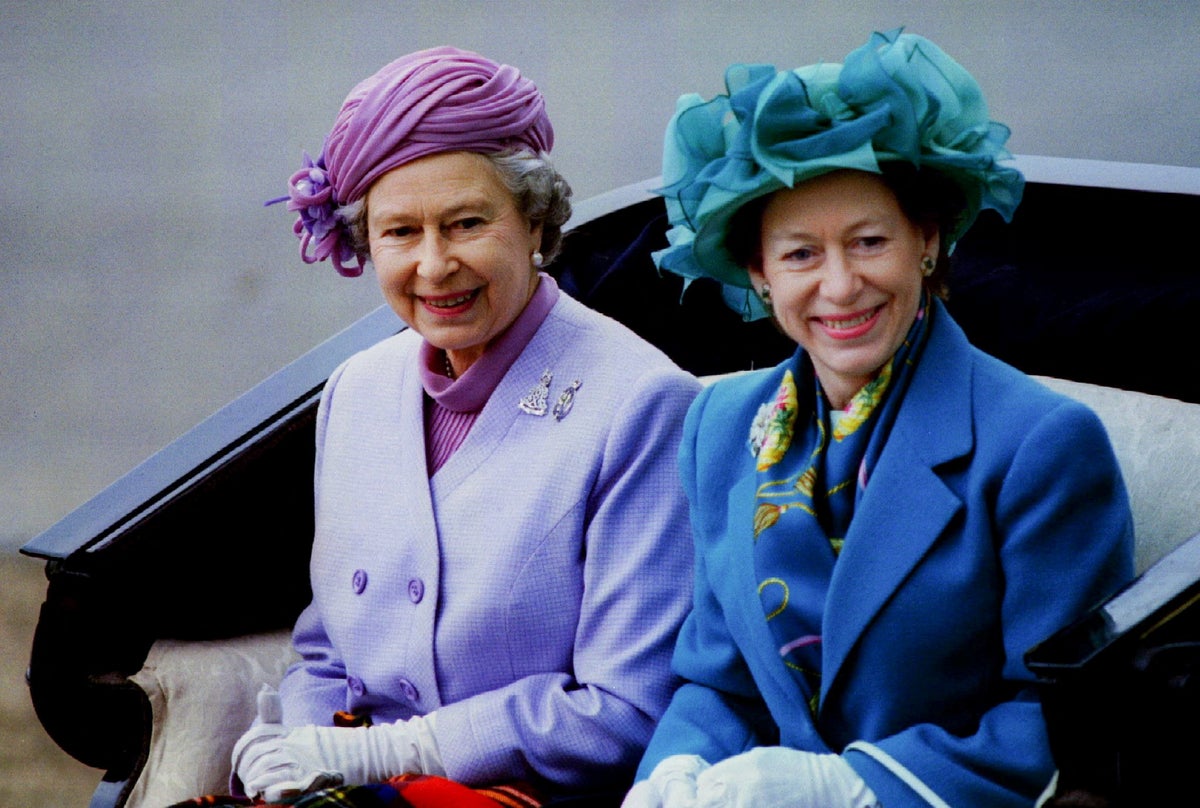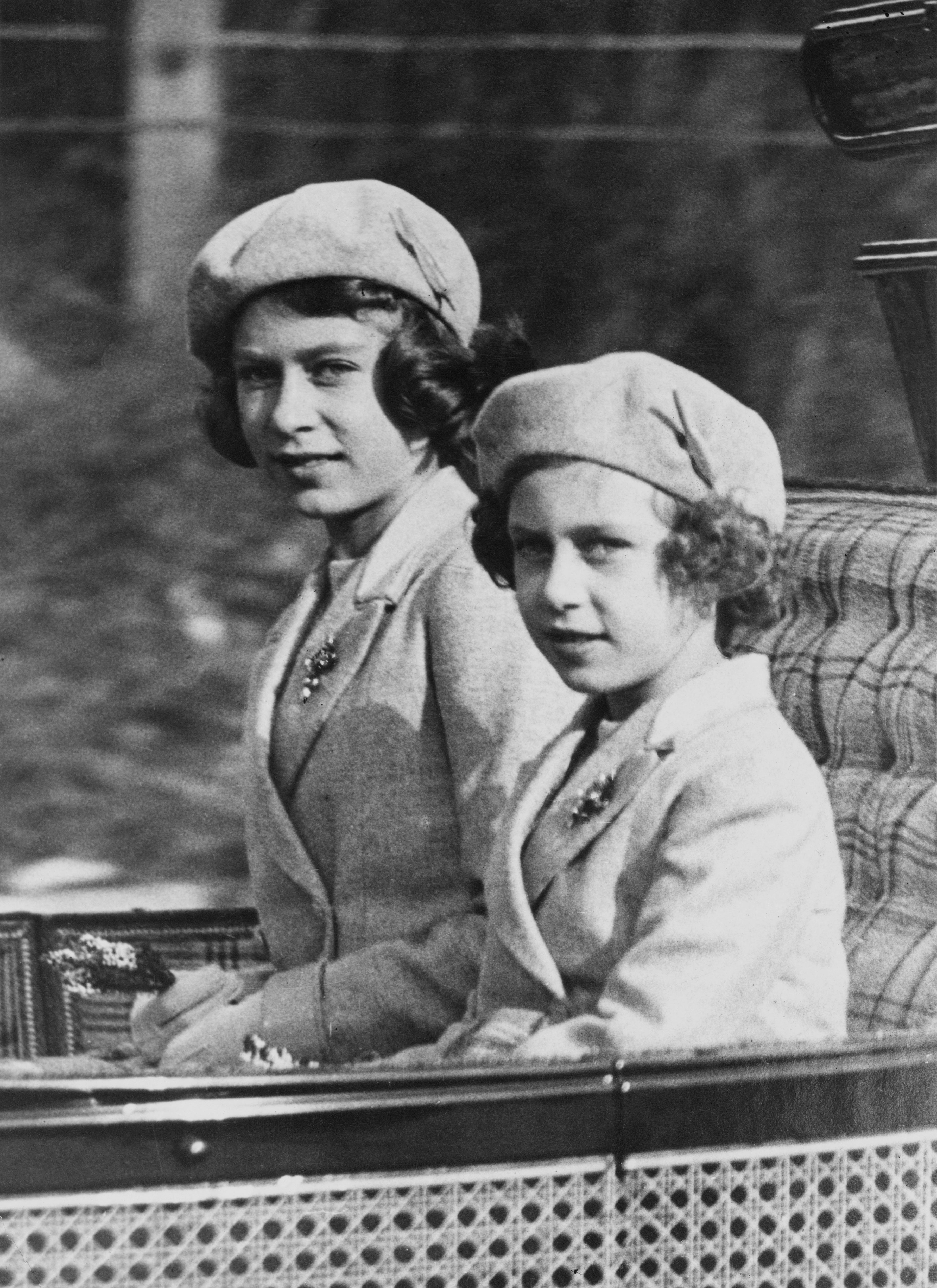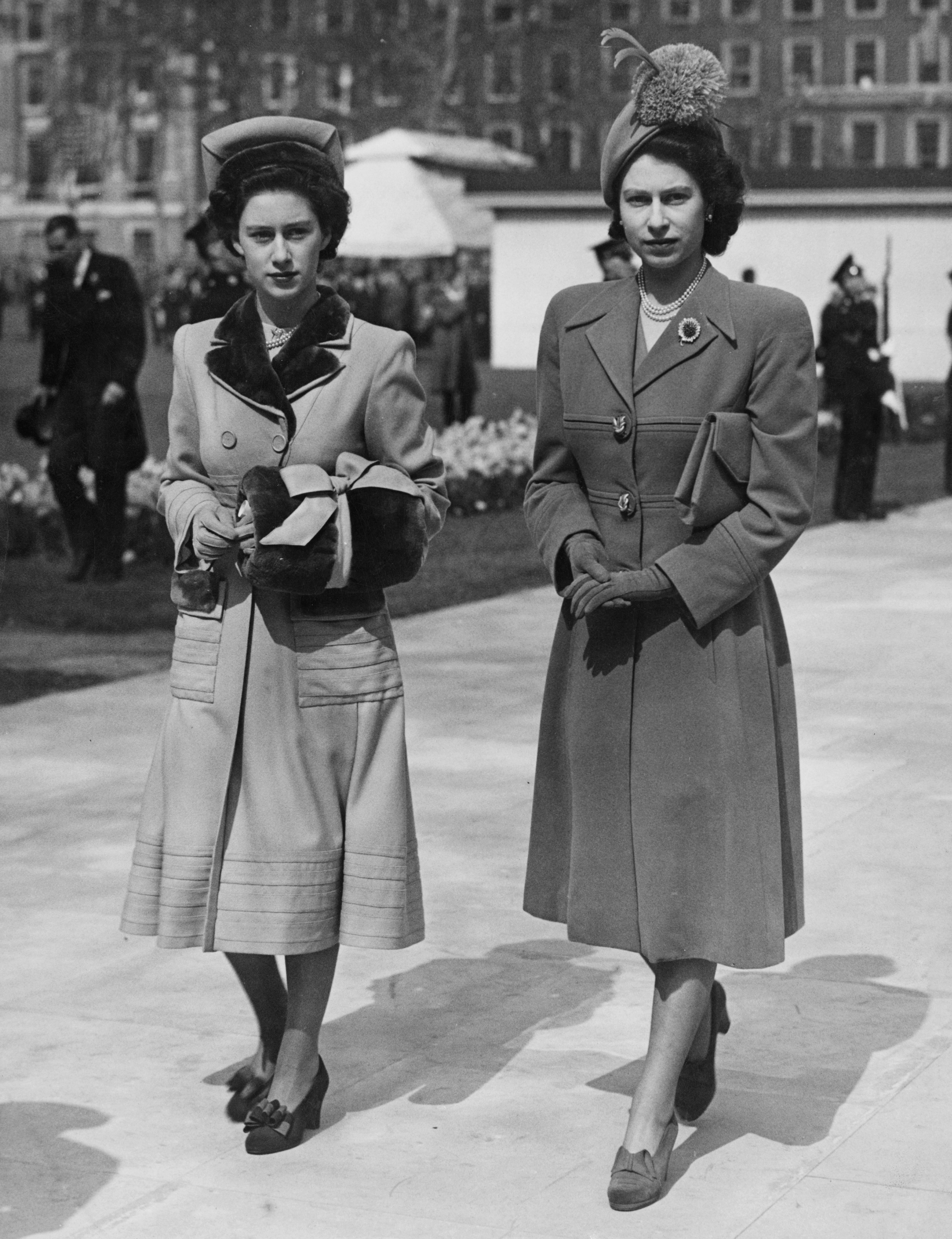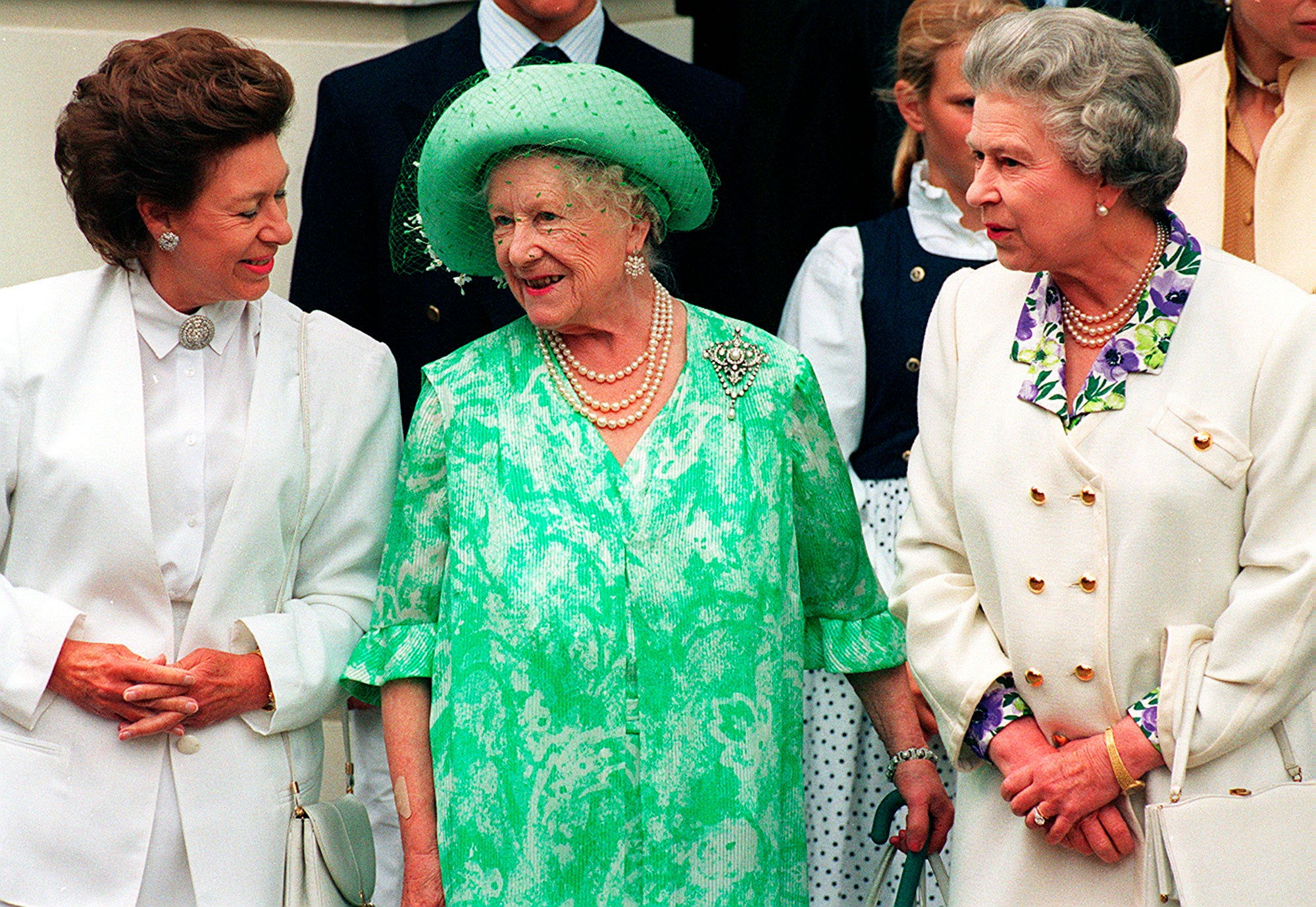
Born in 1926, Queen Elizabeth II was the first daughter of King George VI, followed four years later by her only sibling Princess Margaret.
The two girls lived at 145 Piccadilly for the first part of their childhood, before moving to Buckingham Palace when their father became King.
“Lilibet is my pride. Margaret is my joy,” their father once said of his two daughters, but what did the two sisters think of each other?
A unique relationship
While the two young princesses were extremely close as children, they were reported to have had very different personalities, with the older Elizabeth looking out for her more mischievous younger sister.

Like many siblings, the Queen and Princess Margaret’s relationship was complicated, a fact amplified by the difference in status between the two women that was forever solidified with the Queen’s coronation in 1953.
Although this made Princess Margaret one of Elizabeth’s subjects, the pair were reported to have “a love, friendship, and conspiracy that were impressive to behold”, according to Reinaldo Herrera, a royal family friend of the women.
“I never heard Princess Margaret refer to the Queen in public as anything but ‘The Queen’; in private she became ‘Lilibet’, her nickname since childhood, or, simply, ‘my sister’,” he told Vanity Fair in 2016.
Even after the Queen’s coronation, she and Princess Margaret were famously connected by a direct telephone line linking the two women between their respective residences at Buckingham Palace and Kensington Palace, on which they were reported to talk and laugh with each other daily.
While the young Queen was destined for a life of duty and dedication to her country, Margaret had no such obligations, however.
Tension

From the 1950s onwards, Princess Margaret became one of the world’s most famous socialites, renowned for her love of parties, fashion and reputed romances.
She famously fell in love with Captain Peter Townsend, who was divorced, meaning the couple were not allowed to marry in the Church of England, of which the Queen was the head.
While the young Margaret was urged to wait until she turned 25 and no longer needed the Queen’s permission to marry, the pair still faced hurdles within the monarchy and intense scrutiny from the media.
As a result, however, Margaret released a statement confirming that her engagement had been broken and that the pair had decided not to marry.
The bureaucracy and attention surrounding the couple’s relationship and role of the Queen in this undoubtedly put the two sisters’ relationship under considerable strain.
Princess Margaret married photographer Antony Armstrong-Jones, with whom she had two children, David and Sarah, before divorcing in 1978.
The divorce provoked much negative publicity and the final two decades of her life were marked by failing health, having three strokes between 1998 and 2001. She died on 9 February 2002 after suffering a fourth and final stroke at the age of 71.
‘A primal bond’

Despite their differences, the women shared a “primal bond” according to biographer Andrew Morton.
“Margaret was her sister's alter ego,” he wrote in Elizabeth and Margaret: The Intimate World of the Windsor Sisters.
“Throughout their lives Elizabeth and Margaret butted heads — the sensible, older sister matched with the mischievous, wilful little sister.”
And the usually stoic Queen, who shed no tears at the funeral of her husband Prince Philip in 2021, revealed emotions rarely shown in public at the funeral of her “beloved” sister.
“I think it was the only time anyone ever saw the Queen show her emotions in public,” wrote Reinaldo Herrera.
“Never explaining anything to the world—what she feels, or why she does what she does—is part of her greatness.
“But for a few minutes that day, as she stood by the steps of St. George’s Chapel at Windsor Castle, watching her sister’s coffin being borne away, her eyes betrayed her.”
Follow the latest updates as the world pays tribute to Queen Elizabeth II







